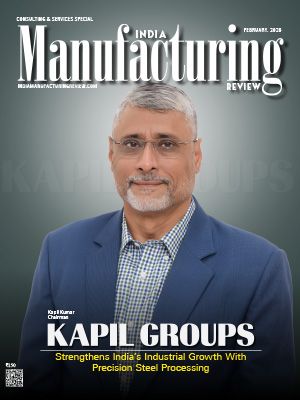
Malaysia Backs Swift India-Asean Trade Pact
- Asean and India reaffirm commitment to stability and prosperity, aiming to finalise the AITIGA trade pact this year
- 2026 declared the “Year of Maritime Cooperation,” expanding work in security, energy, and technology
- Both sides align Asean Vision 2045 and India’s Viksit Bharat 2047 for inclusive, sustainable growth
Malaysian PM Anwar Ibrahim termed ASEAN-India relations as a " force for stability and mutual prosperity " and recognized the gradual but certain path to the signing of the ASEAN-India Trade in Goods Agreement (AITIGA) by the end of this year.
Anwar, in his speech at the India-Asean summit in Kuala Lumpur, mentioned that the member states were very eager to be done with the trade deal very soon.
The India-Asean trade pact aims to strengthen India Asean relations and boost Asean economic cooperation, with Malaysia India trade playing a key role in promoting regional stability, expanding Southeast Asia trade, and advancing the free trade agreement framework.
Through a digital platform, Indian PM Narendra Modi at the summit asserted Asean’s centrality in the Indo-Pacific region and thus, India’s support for it was firm and constant.
He regarded the India-Asean Comprehensive Strategic Partnership as a significant source of stability and development in the world, notwithstanding the geopolitical uncertainties that are there at the moment.
"Even in this era of uncertainties, the India–Asean Comprehensive Strategic Partnership has continued to make steady progress. Our strong partnership is becoming a solid foundation for global stability and development", PM Modi stated.
Also Read: Defence Ministry Approves Rs 79,000 Cr Military Hardware Buy
Modi stressed that India and Asean are partners in the Global South whose relations are derived from their closeness, common history, and culture.
Modi, in a speech that proclaimed the year 2026 as the 'Asean–India Year of Maritime Cooperation', stated that the two regions were strengthening their partnership in the areas of maritime security, humanitarian aid, and the blue economy. He added, "India has stood firmly with its Asean friends in every crisis".
He further accentuated the collaboration in the aforementioned areas of education, tourism, science and technology, green energy, health, and cybersecurity, which results in the preservation of cultural heritage and the strengthening of people-to-people ties.
Timor-Leste’s admission to Asean as the newest member was welcomed by Modi who commended the theme of the summit 'Inclusivity and Sustainability', which found expression in the initiatives for digital inclusion, food security, and resilient supply chains.
The relationship between India and Asean has been a long journey of over thirty years which has led to the evolution from a sectoral dialogue in 1992 to a comprehensive strategic partnership with a current focus on trade, investment, defence, and security.
In the end, Modi said that the Asean Community Vision 2045 and India’s Viksit Bharat 2047 would together create a brighter and more prosperous future for all. He noted, "The 21st century is our century — the century of India and Asean. India is committed to working shoulder-to-shoulder with Asean in this direction".




.jpg)
.jpg)

